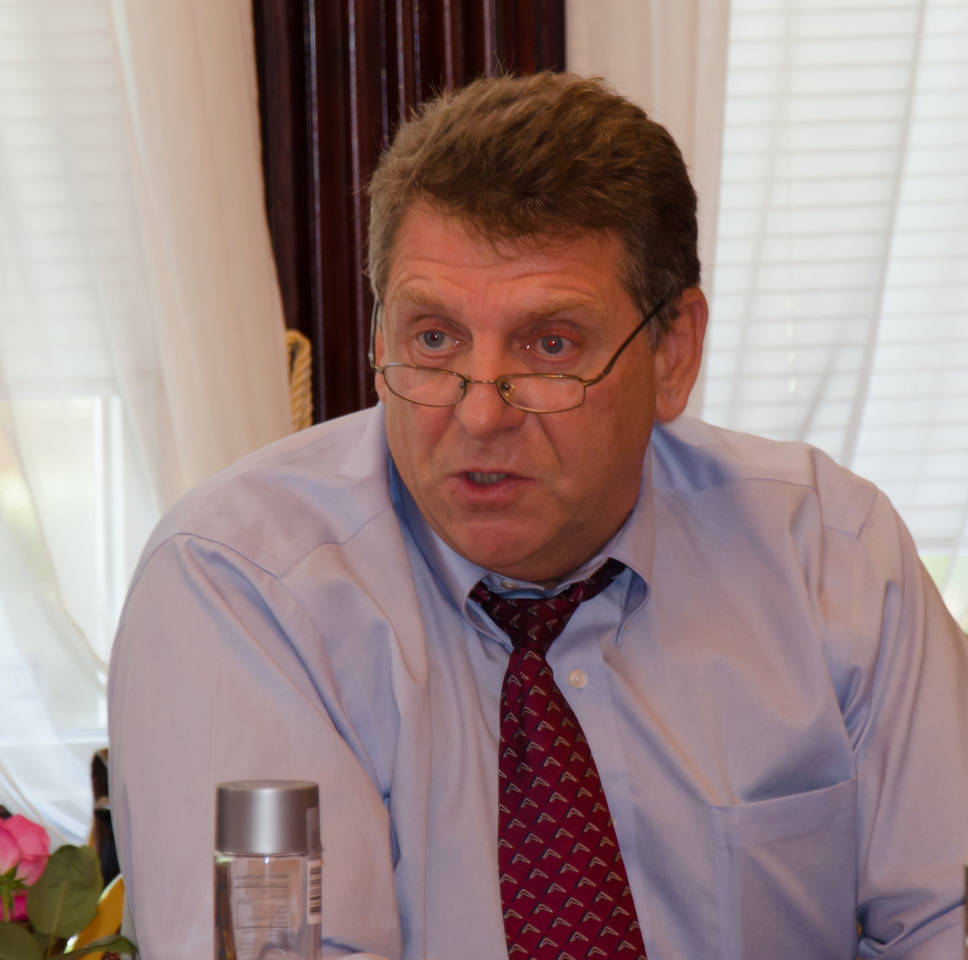By Alexander B. Dolitsky
What practical lessons can we can learn from history? There is no simple answer to this question because history is a complex subject. History is not simply a recording of facts and events; and it is not only a logical classification of the collected data in a chronological order. History is a social process, the development and evolution of mankind from the past through present and to future. History forms a picture of all things that happened to mankind from its origin upon the Earth to the present moment.
History is functional in the sense of meeting the need that society has to know itself and to understand its relationship with the past and to other societies and cultures. History explains a pattern of nations’ emergence and growth, intellectualizes facts, and searches for causes of historic events. It is also poetic in the sense that there is inborn in every individual a curiosity and sense of wonder about the past.
So, what is the relevance of the lessons of history for America today? The historic patterns of so-called progressive movements in America today strikingly resemble the utopian socialist and Marxist movements of the 19th Century in Europe. This is especially the case for the new popular slogans of “white privilege,” “systemic racism,” “Black Lives Matter” and “BIPOC” (Black, Indigenous and People of Color).
Utopian socialists of the 19th Century, namely Charles Fourier and Claude Saint-Simon of France and Robert Owen of England, believed that it was possible to organize ideal communities of pre-arranged size. These communities would be composed of farmers, industrial workers, artists and, in some cases, capitalists. According to the utopian socialists’ hypothesis, these communities would be stable and self-sustaining, insuring all communal members an adequate livelihood — a remarkably naïve utopia of a harmonious and cohesive human society.
The communist who grasped the revolutionary nature of the 19th Century was Karl Marx. Rejecting utopian socialism in favor of what he coined “scientific communism,” Marx claimed that changes in the economic structure of society of his time were the result of class conflicts or class struggles between the capitalists (bourgeoisie) and the workers (proletarians).
In his book, “Manifesto of the Communist Party,” published in 1848, Marx stated: “The history of all hitherto existing society is the history of class struggles. Freeman and slave, patrician and plebeian, lord and serf, guild-master and journeyman, in a word, oppressor and oppressed, stood in constant opposition to one another, carried on an uninterrupted, now hidden, now open fight, a fight that each time ended, either in a revolutionary reconstitution of society at large, or in the common ruin of the contending classes.”
In other words, Marx was not seeking natural or moral laws for guidance; he was turning to the lessons of history and revolutionary uprising against ruling class of the time.
Thus, what is a connection and similar patterns between Marxism of the 19th Century and so-called neo-Marxism in America today? Evidently, “white privilege” doctrine is an ideological foundation and guidance for other neo-Marxist slogans of “systemic racism,” BLM, BIPOC and ANTIFA. The “white privilege” doctrine claims an existence of a social division in the society that is based on race conflict, race struggle, race warfare and race advantages between naturally born white people and other people of color.
The slogans and missions of “systemic racism,” “BLM,” “ANTIFA” and “BIPOC” are a logical and direct outgrowth from the “white privilege” doctrine, with the purpose to threaten opposing ideologies, politics and lifestyles. They are the tactics designed to implement “white privilege” doctrine into our system of governing and to undermine our constitutional freedoms — especially that of all races being treated equally.
It is absolutely shocking to me, as a person who was born, educated and raised in the socialist country of the former Soviet Union, to witness so many intelligent and educated people in our country being influenced by such dangerous rhetoric. This radical socialist rhetoric is the main cause of violent unrests and riots in our country today, and it threatens a possible partitioning and division of our great nation. Americans should resist this socialist progressive movement in our country and unite in preventing a spread of the neo-Marxist pandemic into our American culture.
• Alexander B. Dolitsky was born and raised in Kiev in the former Soviet Union. He received an Master of Arts in history from Kiev Pedagogical Institute, Ukraine, in 1977; an M.A. in anthropology and archaeology from Brown University in 1983; and attended the Ph.D. program in Anthropology at Bryn Mawr College from 1983 to 1985. In the U.S.S.R., he was a social studies teacher for three years, and an archaeologist for five years for the Ukranian Academy of Sciences. In 1978, he settled in the United States. Dolitsky visited Alaska for the first time in 1981. He lived first in Sitka in 1985 and then settled in Juneau in 1986. From 1985 to 1987, he was a U.S. Forest Service archaeologist and social scientist. He was an Adjunct Assistant Professor of Russian Studies at the University of Alaska Southeast from 1985 to 1999; Social Studies Instructor at the Alyeska Central School, Alaska Department of Education from 1988 to 2006; and has been the Director of the Alaska-Siberia Research Center from 1990 to present. Columns, My Turns and Letters to the Editor represent the view of the author, not the view of the Juneau Empire. Have something to say? Here’s how to submit a My Turn or letter.

